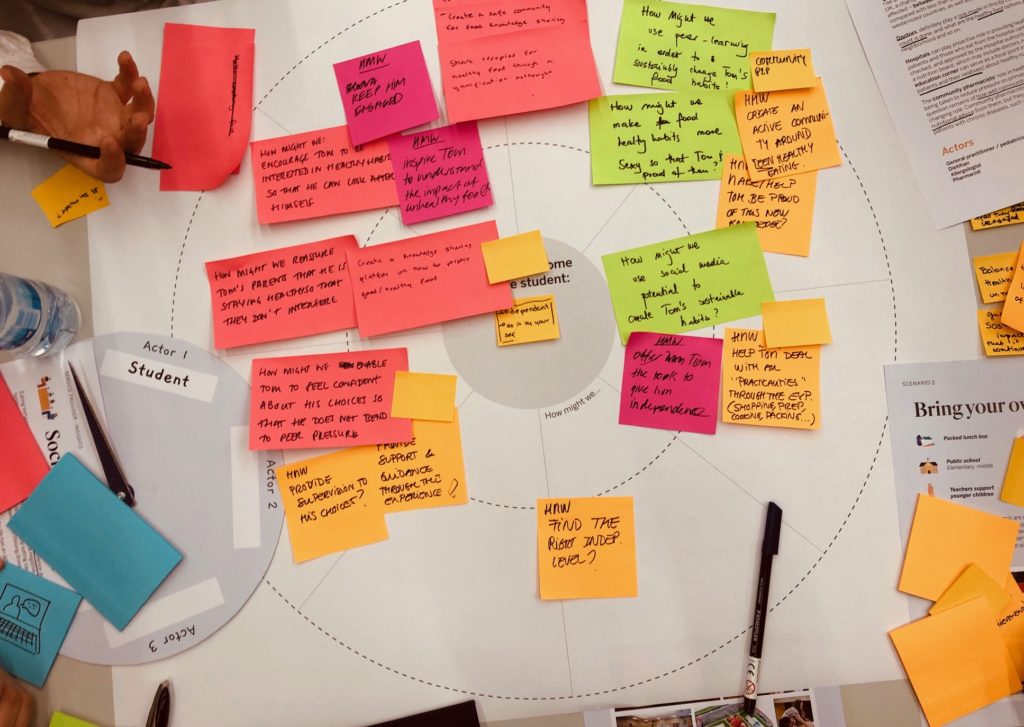The Sustainability Academy is a 4-week online training in sustainable youth work. Using Design Thinking, we will focus on sustainable development principles, social entrepreneurship and circular economy and learn to apply those concepts in youth work.
The Sustainability Academy is a 50h online training focused on sustainability in youth work. Over 4 weeks, the participants will be invited use Design thinking methodology to identify the challenges they face and elaborate with young people: climate change, abuse of the environmental recourses, consumption, social injustice and others. With Fridays for Future young people express already their disagreement to how older generations approach the issues. Is it possible to co-create with them long-term actions, where all generations could get involved in common strategy?

During the course the participants will be assisted with 3 coaches experienced in non-formal education and Design Thinking as well as 3 experts in areas of Sustainable development, Circular Economy and Social Entrepreneurship. Together they will explore potential solutions for more sustainable lifestyles and communities. Online character of the training will allow the participants to stay connected to their local realities and yet have a chance to check it with international colleagues.
The main objectives are:
- Understand current environmental and social challenges and the way young people approach them (5R: reuse, reduce, recycle, rethink, refuse)
- Rethink the current way of doing: prepare young people to co-create more circular, sustainable world
- Identify already existing tools used in youth work and community work in Luxembourg and Europe (incl virtual visits and meetings to the projects)
- Co-create potential solutions that can be multiplied on local and European level
- Learn Design Thinking process by applying it to solve concrete challenge
The participants will have a chance to interact with others via synchronized meetings on an online platform (Zoom) as well as explore their own communities and report the results using common online tools, like Padlet, Miro, Mural.
The overall course time will be divided between plenary sessions (keynotes, input sessions, virtual visits or the projects in Luxemburg), small group work (assisted by coaches and experts), individual learning (research and testing) and online social actions (e.g. yoga class, zero-waste cooking, online concert).
Participation in the whole course is required to be able to receive the certificate.
Registrations are opened till 20th July: here